
The study found that Black, Asian, and Hispanic individuals have 7- to 4-fold higher incidence of anti-NMDAR encephalitis, a rare epileptic condition, than White individuals.

The study found that Black, Asian, and Hispanic individuals have 7- to 4-fold higher incidence of anti-NMDAR encephalitis, a rare epileptic condition, than White individuals.

Solid Biosciences is expecting to provide initial safety data on SGT-003 from the first couple of pediatric patients with Duchenne muscular dystrophy enrolled in the phase 1/2 INSPIRE Duchenne trial in mid-2024.
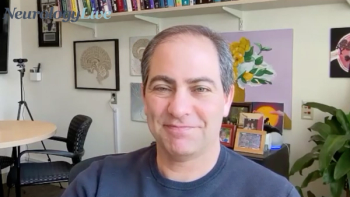
The associate professor of neurology at Harvard Medical School talked about findings from a recent case series of patients with NMOSD initially on rituximab who then switched to inebilizumab. [WATCH TIME: 4 minutes]
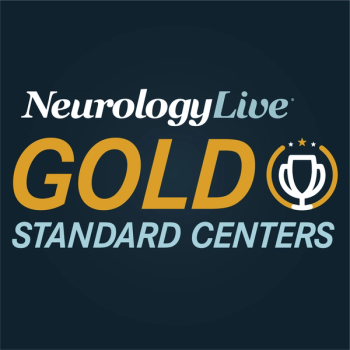
Mayo's MOGAD Clinic represents a new type of novel, multidisciplinary care, incorporating multiple different backgrounds of neurology, neuroimmunology, neuro—ophthalmology, and urology, among others.
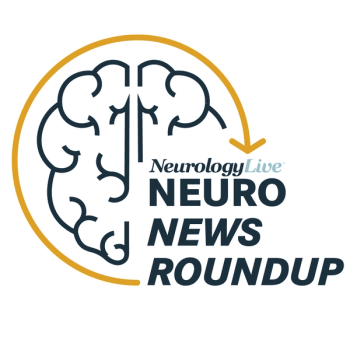
In honor of Huntington Disease Awareness Day, held May 15, 2024, get caught up on some of the latest news in HD, with data updates and expert insights all in one place from the NeurologyLive® team.
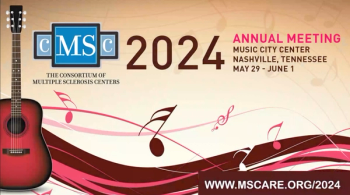
The Consortium of Multiple Sclerosis Centers' 38th Annual Meeting will be held Wednesday, May 29, through Saturday, June 1, 2024 at the Music City Center, in Nashville, Tennessee.

Victor Sung, MD, PhD, director of the UAB Huntington’s Disease Clinic, provided perspective on some of the advances and areas of unmet on Huntington Disease Awareness Day.

The professor of neurological surgery at Weill Cornell medicine talked about how gene therapy may offer a more direct and efficient pathway to develop treatments for neurological diseases like Parkinson disease. [WATCH TIME: 6 minutes]

The subcutaneous autoinjector, which facilitates 360 mg weekly maintenance dosing of lecanemab, takes less time to administer than the approved intravenous formulation and may lead to less hospital visits and nursing care.
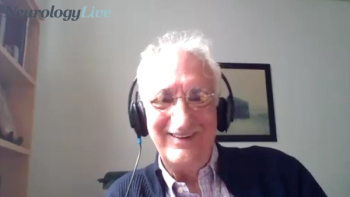
The director of the Brain Health Imaging Institute in the department of radiology at Weill Cornell Medicine talked about exploring nasal pathways as an alternative for brain protein sampling and drug delivery. [WATCH TIME: 4 minutes]

The director of the MedStar Georgetown Headache Center talked about results from an analysis on the DELIVER study assessing response rates of eptinezumab in patients with migraine over an 18-month period.

Treatment with rozanolixizumab was safe among patients with CIDP, resulted in reduced immunoglobulin levels as expected, but did not have an impact on efficacy.

A recent network analysis of clinical trials demonstrated that ravulizumab exhibited greater efficacy in preventing relapse in patients with NMOSD compared with other treatments.

The professor of neurological surgery at Weill Cornell medicine talked about the regulatory hurdles and challenges in patient selection and delivery methods for gene therapy in Parkinson disease. [WATCH TIME: 5 minutes]

Results show that chronic inflammatory demyelinating polyradiculoneuropathy was associated with neuromyelitis optica spectrum disorder and may be treated through a combination approach, although the mechanisms of it are still not understood.

The head of neurosciences at the Jane and John Justin Neurosciences Center of Cook Children’s Medical Center detailed some of consequences of undiagnosed or misdiagnosed LGS, and how it may impact long-term care for eligible patients. [WATCH TIME: 4 minutes]

Using more than 4 million eligible pregnancies, results suggest no substantially increased risk of autism spectrum disorder after prenatal exposure to either topiramate or lamotrigine.
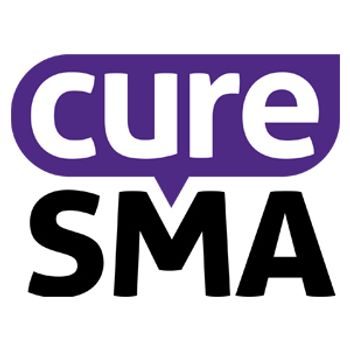
Cure SMA introduces tools aiding in SMA clinical trial navigation and participation empowerment.

Lindsey Lee Lair, MD, a neurologist and vice president of clinical development at Biohaven Pharmaceuticals, provided insight on an ongoing pivotal trial assessing the impacts of taldefgrobep alfa, a myostatin inhibitor, in patients with SMA.

In patients with relapsing-remitting MS who achieved NEDA under highly effective DMT, sNfL concentrations were low and stable, suggesting a potential role for sNfL for long-term monitoring of inflammatory disease activity.

The director of Dysautonomia Clinic talked about advocating for recognition and research into neurological symptoms that have long been overlooked in patients with Long COVID. [WATCH TIME: 3 minutes]

Here's some of what is coming soon to NeurologyLive® this week.

Alkermes embarks on the phase 2 Vibrance-1 trial to evaluate the safety and efficacy of ALKS 2680 against placebo as a once-daily treatment for narcolepsy type 1.

Bezisterim-treated patients showed age deceleration across various DNA methylation clocks, indicating potential anti-aging effects.

Test your neurology knowledge with NeurologyLive®'s weekly quiz series, featuring questions on a variety of clinical and historical neurology topics. This week's topic is on cluster headache.

In a recent study assessing basal ganglia activity during REM sleep, results revealed that elevated beta power may be correlated with the severity of REM sleep behavior disorder in Parkinson disease.

A recent study recognized anti-DAGLA autoantibodies in the cerebrospinal fluid of a small group of patients, suggesting that it could be a potential biomarker for diagnosing cerebellar ataxia.
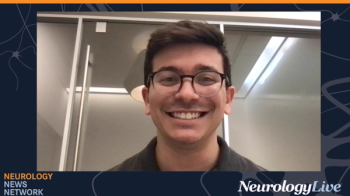
Neurology News Network. for the week ending May 11, 2024. [WATCH TIME: 4 minutes]

Avidity Biosciences is anticipated to initiate its phase 3 HARBOR trial assessing AOC 1001 as a treatment for patients with myotonic dystrophy type 1 in the second quarter of 2024.

Take 5 minutes to catch up on NeurologyLive®'s highlights from the week ending May 10, 2024.